The UK car market reached a significant markstone in the first nine months of this year: it was the first time that we had bought more cars with automatic gearboxes than manual gearboxes.
The slow demise of manuals has been showing in sales data for a while, but the trend has spiked markedly in the past three years. It also coincides with an announcement earlier this month of the first major European car maker to stop producing manual gearboxes altogether.
Mercedes-Benz confirmed that it will do this as part of a cost-cutting initiative that also includes drastically reducing its range of combustion engines. Manuals will be phased out between now and 2030, according to a spokesman.
Mercedes now offers manuals only in its compact models, which include the Mercedes-Benz A-Class and Mercedes-Benz GLA, and the Mercedes-Benz C-Class. We expect next year’s new-generation C-Class to drop the manual option entirely. Manuals have long been held in affection by enthusiasts for providing an important physical connection between driver and car. In the past, they also provided better fuel economy than traditional torque converters, and they’re certainly cheaper to produce.
Now the broader demand for easy-to-use technology and the rise of the dual-clutch automatic gearbox, with its precise driver control, are elbowing out the manual. “An automatic is becoming another feature that’s taken for granted in a car, like electric windows,” said Felipe Munoz, an analyst at market researcher Jato Dynamics.
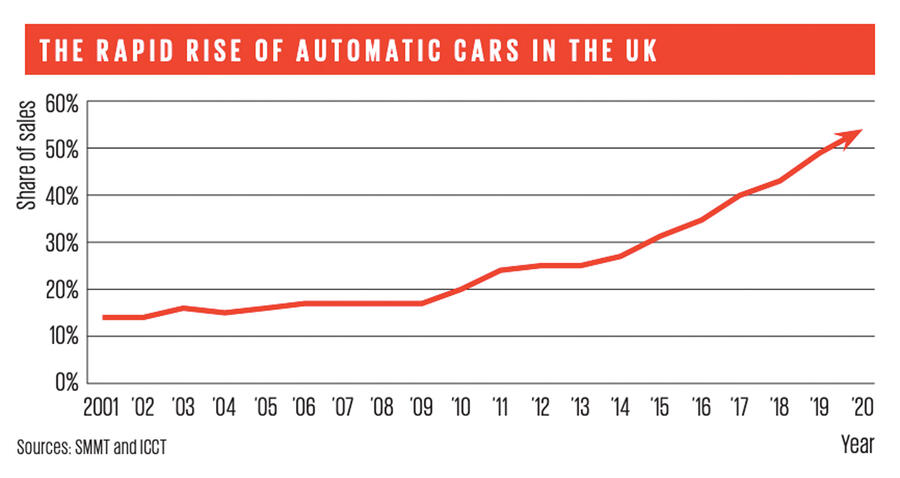
Automatics accounted for 54% of UK new-car sales in the first nine months of this year, according to figures from the Society of Motor Manufacturers and Traders, breaking the 50% barrier for the first time. Last year, automatics accounted for 49% of sales, up from 43% in 2018. A decade ago, they took only a fifth of sales.
The shift to electrified drivetrains is one big reason for this – something that becomes clear when you look at the top five automatic cars sold this year, according to Jato data. In first is the BMW 3 Series, which is also the leading plug-in hybrid (in 330e form), and in second is the electric Tesla Model 3. Third and fourth are hybrid-only Toyotas, the Toyota Corolla and Toyota C-HR, while the Mercedes-Benz A-Class in fifth is also the third most popular plug-in hybrid (in A250e form).
As manufacturers race to cut CO2 emissions, manuals become casualties. A manual is no longer the most economical option when a computer can time the shifts to achieve the least fuel consumption. New Volkswagen Group cars fitted with mild-hybrid technology, including the Seat Leon and Volkswagen Golf, are available only with a dual-clutch ’box.

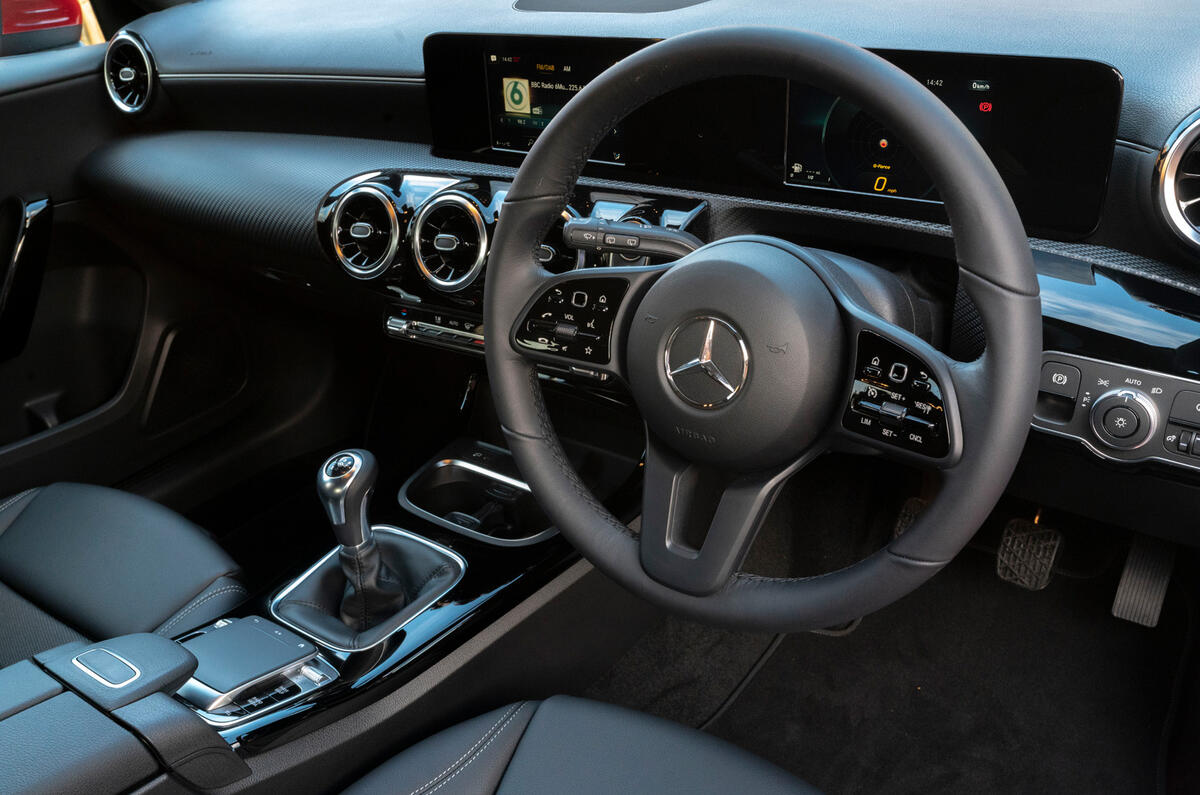
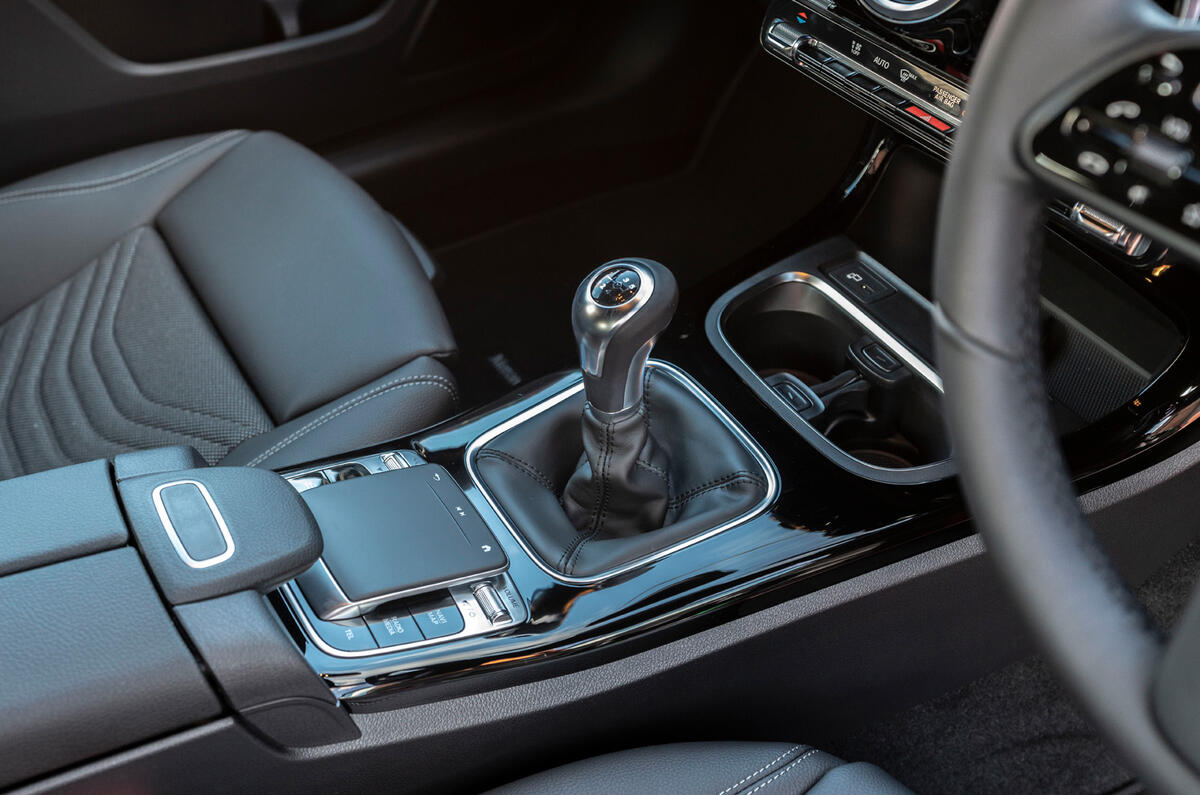
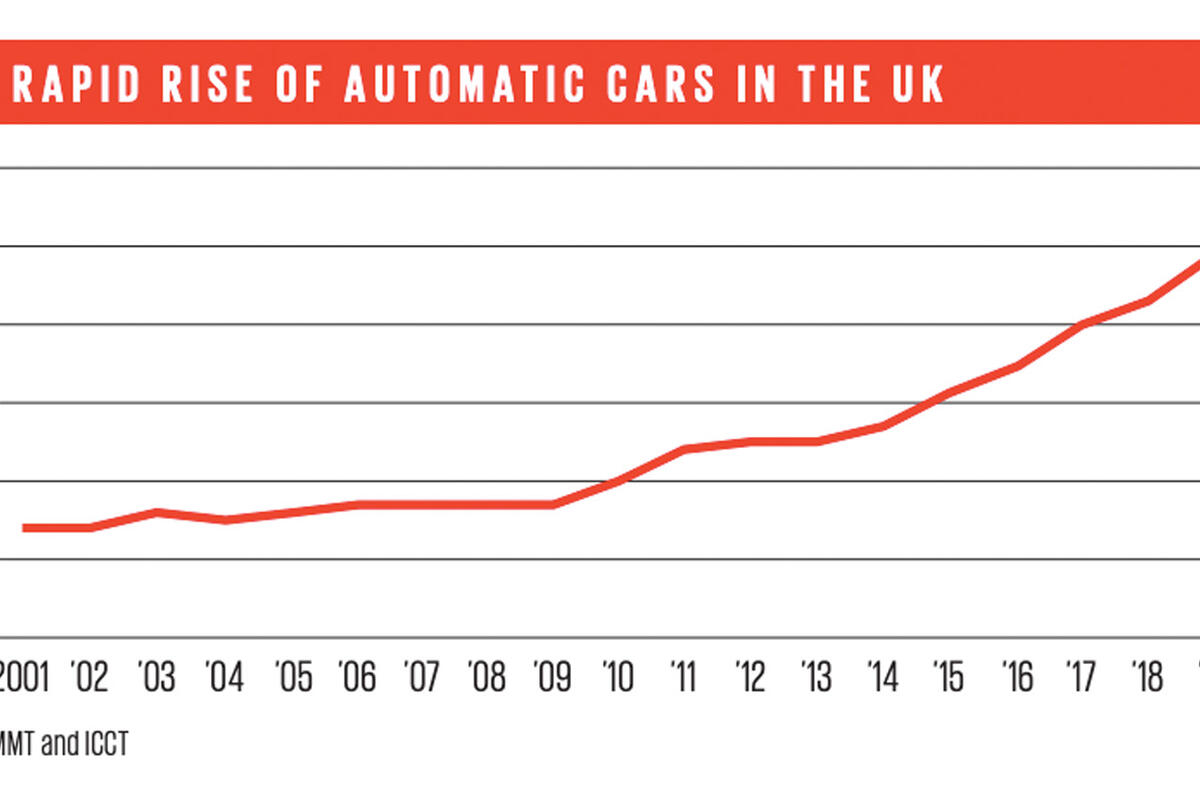
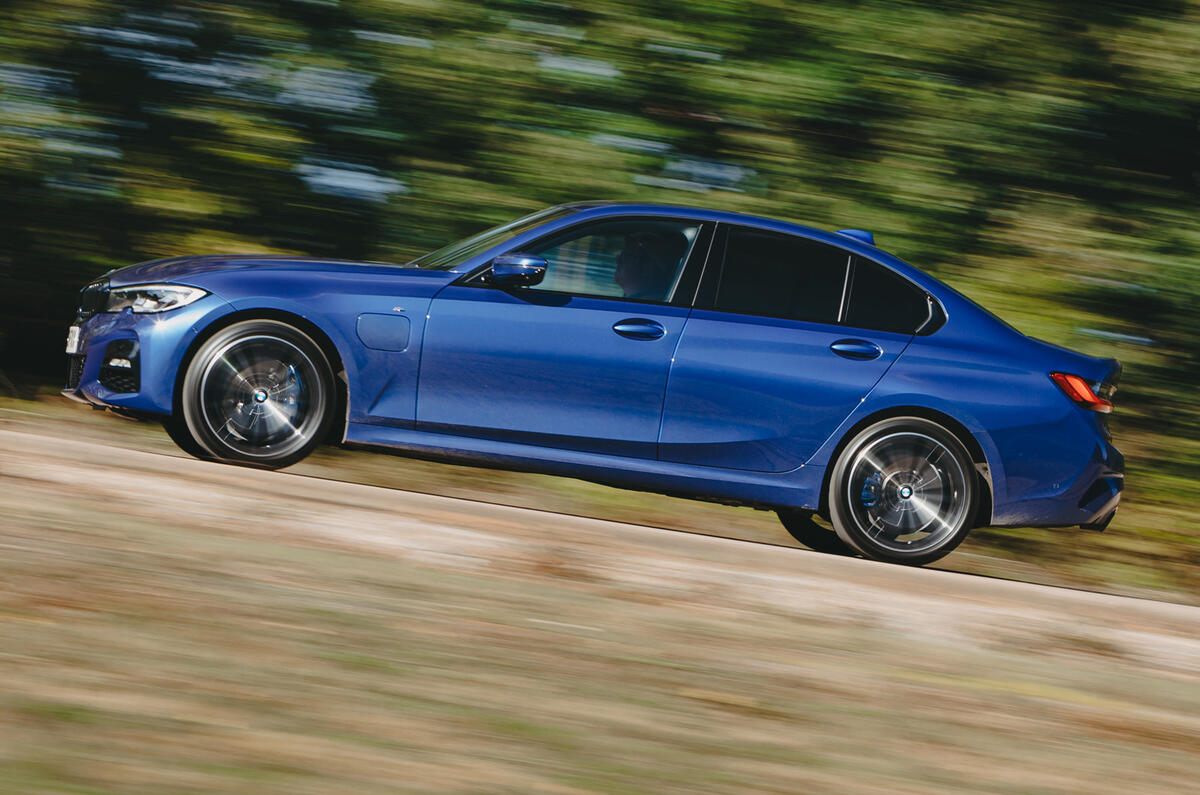
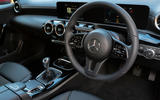
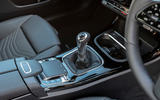
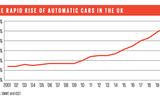
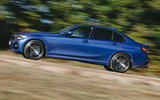

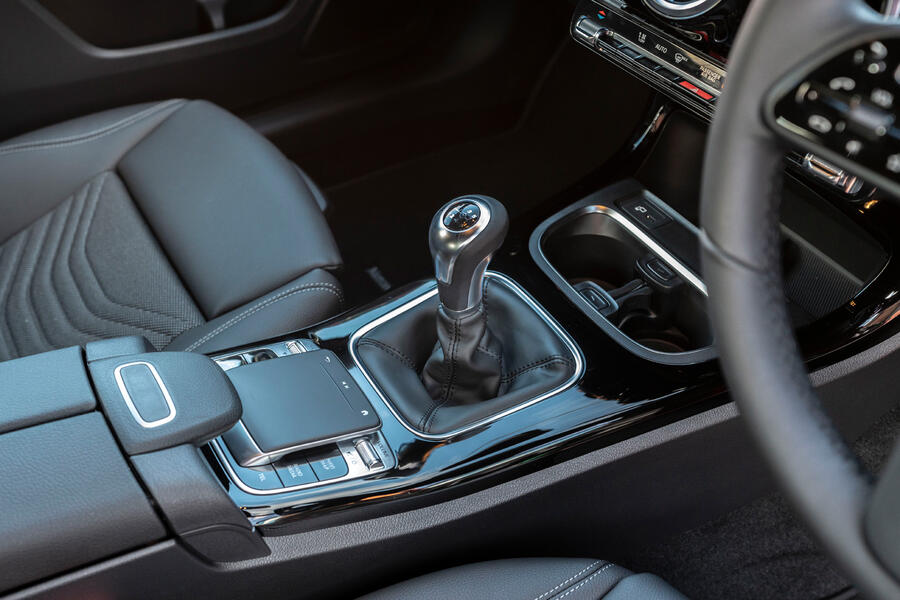

Join the debate
Add your comment
The manual will be almost dead by 2040
Automatics currently account for 54% of new cars registered. That figure is only going to rise with more people buying HEVs/PHEVs/BEVs. City cars, which are almost always manual and petrol, are largely getting discontinued or electrified by manufactuers. Some superminis, like the Honda Jazz and Toyota Yaris, are now only available with an auto gearbox. Premium cars such as the E-class and 5-series are only available as an auto. By 2035, if you want to buy a new car, you will have to buy an automatic under law. It is suspected this date could be moved forward to 2032 or maybe even earlier. If Labour win the 2024 General Election (entirley impossible) all new cars sold from 2029 will have to be fully electric, which also means automatic. More and more people are getting automatic only licences, which means obviously they can only drive a manual. Every year from now, automatics are only going to rise in popularity. By 2030, they will be the norm. By 2040, manuals will be nearly gone.
I have a dual clutch auto and
I have a dual clutch auto and manual - A200d vs Golf GTD Mk7. It's a bit strange seeing the A Class in manual in the pictures as thats the auto that I have for work travel. I knew Merc did the manual but I doubt they'll sell many. I took the Golf out today to give it a run as its been several weeks and it was great to do so. But the Merc, rightly or wrongly, is definitely the easier car to drive with that gearbox. I ended up inadvertently racing (the estate) GTD against the Merc a couple of weeks ago and we were absolutely dead equal in a straight line despite the Golf having more power. Combining the Merc interior with everything else on the Golf would be ideal. For me, the manual still has its place. You do still feel more involved and in this comparison, despite the A Class being quick in-gear, the Golf is still the point to point faster car of the two. Yes I know the Golf has the sportier setup so it has an advantage...turn in alone is superior and it's an older design. Ps, hate the Mk8. So many fails.
Valid points.
It's going to happen, auto suit 99% who drive for numerous reasons, manuals won't disappear overnight, there will be plenty of secondhand to buy, to suit all pockets, from shopper cars to supercars.